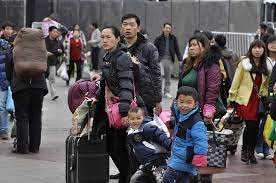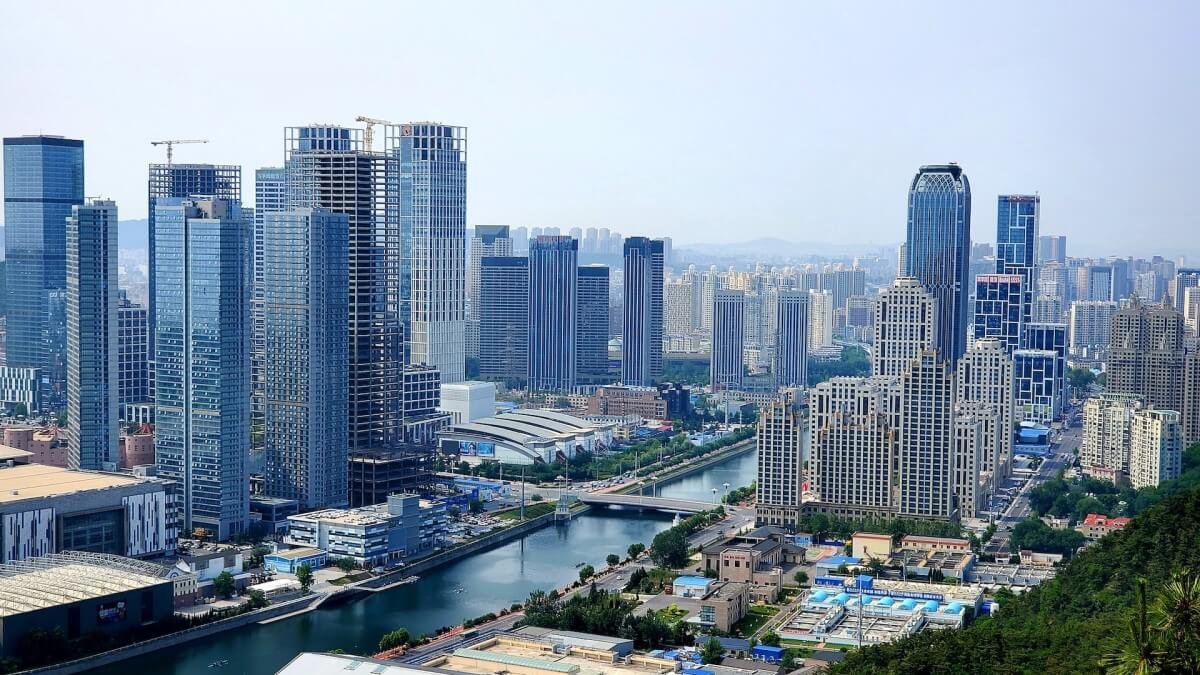After spending three decades selling homemade buns on the streets of Xian, Hu Dexi, aged 67, had hoped for a quieter life in retirement. However, the harsh realities of financial insecurity have compelled him and his wife to relocate to the outskirts of Beijing, where they now embark on grueling 13-hour shifts as cleaners in a downtown shopping mall.
Their daily routine begins at 4 am, preparing packed lunches before embarking on a lengthy commute. Despite their tireless efforts, they each earn a modest monthly income of 4,000 yuan ($552). For Hu and countless others among the 100 million rural migrants reaching retirement age in China, the prospect of a comfortable retirement is elusive.
With limited options available, many face the grim choice of returning to their villages to subsist on meager pensions and small-scale farming. Hu expresses his reluctance to burden his children, lamenting the absence of support from the government: “No one can look after us. I don’t want to be a burden on my two children, and our country isn’t giving us a penny.”
The generation that once fueled China’s economic rise through their labor now confronts the stark reality of a late-life decline in living standards. Despite their contributions to the nation’s development, they find themselves grappling with an inadequate social security system ill-equipped to address their needs.
Experts and government advisers warn of a looming demographic crisis as China’s aging population continues to grow. With an estimated 94 million working individuals over the age of 60 in 2022, representing around 12.8% of the labor force, the challenges of supporting this aging demographic are becoming increasingly urgent.
The existing pension system, primarily based on the hukou system that divides the population along urban-rural lines, exacerbates disparities in income and access to social services. While urban pensions offer a modest lifeline, rural pensions remain woefully insufficient, leaving many retirees below the poverty line.
Efforts to address these challenges have been modest, with incremental increases in the minimum pension failing to alleviate widespread financial strain. China’s Academy of Social Sciences warns that the pension system is on track to run out of funds by 2035, further compounding the urgency of reform.
Despite the government’s pledge to gradually raise the retirement age, implementation has been hindered by concerns over public perception and resistance from vested interests. As a result, millions of elderly Chinese find themselves trapped in a cycle of precarious labor, unable to afford essential healthcare and facing an uncertain future.
For Hu and his wife, retirement remains a distant dream as they navigate the harsh realities of their twilight years. Despite the challenges, they persevere, driven by a sense of duty and a determination to secure a better future. As Hu reflects on his grueling daily routine, he acknowledges the harsh realities of their circumstances: “As long as I can still move, I’ll keep working.”



